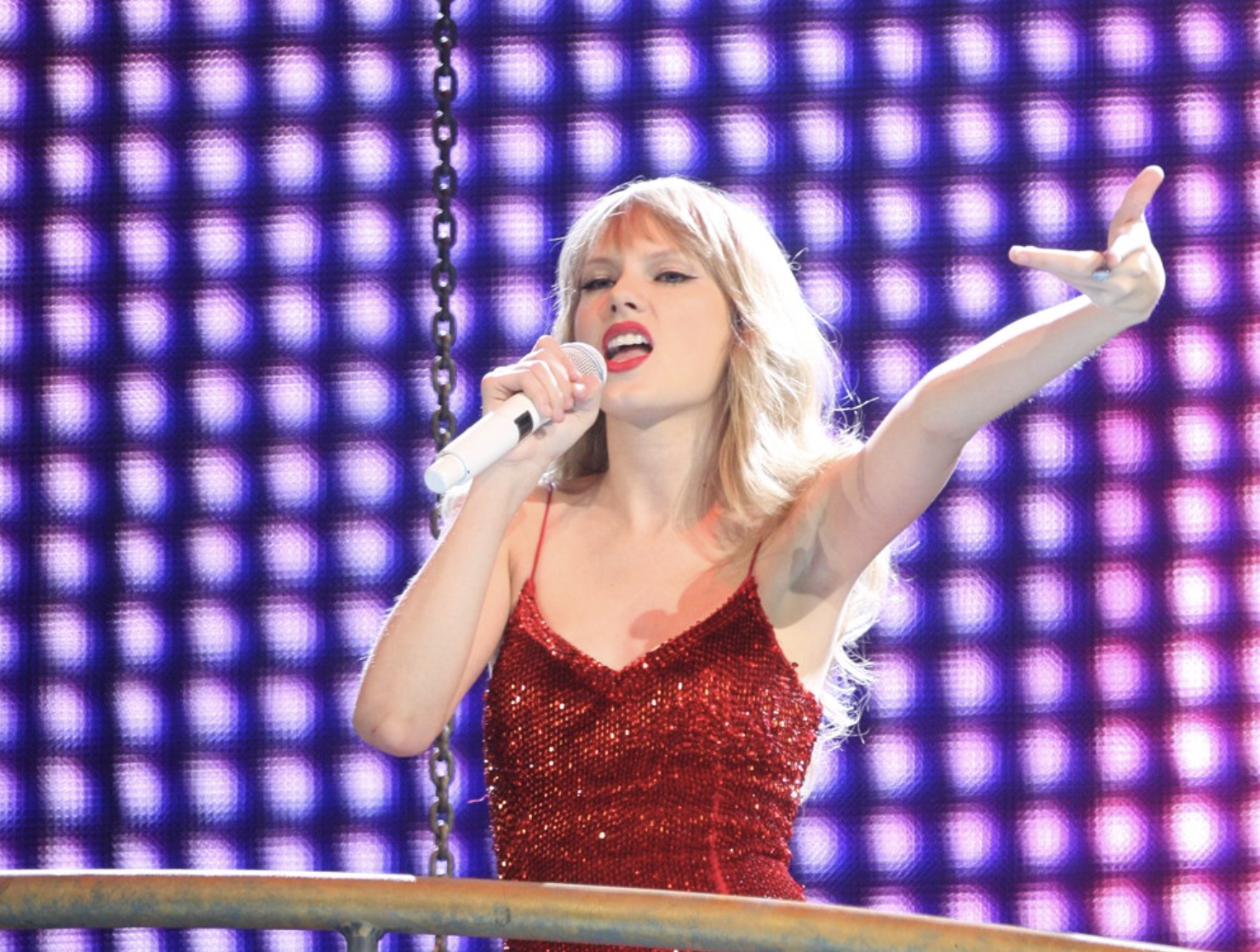Entertainment
Taylor Swift Is A Cash Machine Say Economists & Fed
By Jake Beardslee · July 18, 2023

The Eras Tour concert by pop mega-star Taylor Swift brought a welcomed economic boost to Denver last weekend. University of Denver economist Dr. Paula Cole told KUSA 9News, “If we think about the fact that Bronco stadium holds about 76,000, we have two nights, so over 150,000 [attendees]. And if they’re all spending…at least $1,000, that’s quite a bit of money flowing into the Denver economy via hotels, food, clothing, and definitely could be more depending on how long they stay in the area.”
All in, a typical “T-Swizzle” fan spends a reported $1,300 per day for tickets, travel, hotel, food, outfits and accessories. Nationwide, hotel bookings have seen their strongest growth since the Covid pandemic. Industry analysts credit Swift’s tour for a meaningful share of that growth. Last week, the Philadephila Reserve Bank reported that Swift’s three performances in the City of Brotherly Love in May churned out an impressive - and much needed - $39 million just in hotel revenues.
Swift’s 22-show US tour has already grossed more than $300 million. Once the tour goes international next year, analysts believe revenues could reach a staggering $1 billion.
Back in Denver, the crush of concert-goers has proven a gold rush for Denver businesses, and a chance for thousands of local hotel, restaurant and retail workers to pad their paychecks - especially “for folks that need it in downtown,” according to Dr. Cole.
For fans, business and workers, the Taylor Swift Eras tour has been music to everyone’s ears - whether you’re into real music or just the sound of ka-ching.
Light Wave commentary
The economic impact of massive concert tours like Taylor Swift’s underscores the increasing importance of live entertainment and tourism for local economies. A music act can generate hundreds of millions in revenue for host cities in a matter of days.
Economists have taken notice that mega-stars such as Taylor Swift can have a palpable effect on local commerce, especially in job-rich sectors such as food, lodging and retail. As a result, cities may soon find themselves competing for major music acts, much as they do for sporting events and political conventions.